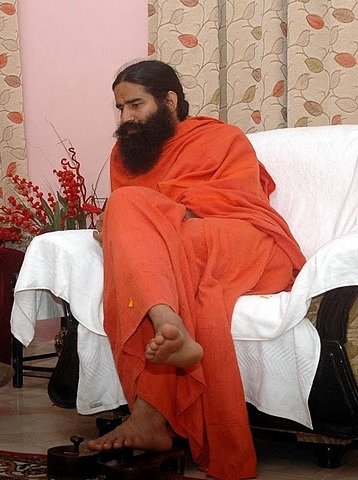Uber contended that the government notifications unfairly differentiated between auto-rickshaws booked through app-based platforms and those booked via offline mode.
However, the Delhi High Court, in its verdict on Wednesday, upheld the government notifications that mandate the imposition of Goods and Services Tax (GST) on auto rickshaws booked via app-based aggregators such as Uber and Ola.
In their ruling, Justices Manmohan and Manmeet Pritam Singh Arora opined that the notifications in question did not lead to discrimination since the classification of e-commerce operators had been legally acknowledged by the statute.
“Classification as a class of service providers separate and distinct is recognised in the provisions of the Act. The classification has a rational nexus with the object sought to be achieved”, the court observed.
In November 2021, Uber India filed a petition challenging the notifications issued by the Central government, which mandated the imposition of 5% or 12% GST on the fare collected by auto drivers registered with app-based aggregators and providing transportation services to passengers identified through such platforms.
Uber argued that the government had no intention of levying such taxes on auto rides obtained through offline modes like street hailing, and that this differential treatment violated Article 14 of the Constitution.
However, the court rejected Uber’s argument and ruled that the notifications did not infringe on any fundamental rights. The court found that reasonable classification had been applied by the government in recognizing the distinction between e-commerce operators and other entities.
The tax treatment was applicable to all auto drivers using mobile platforms, regardless of whether they were registered with app-based aggregators or not, and there was no discrimination against any particular group.


